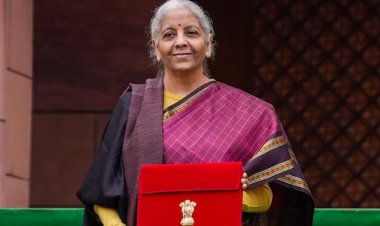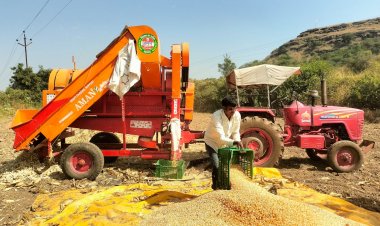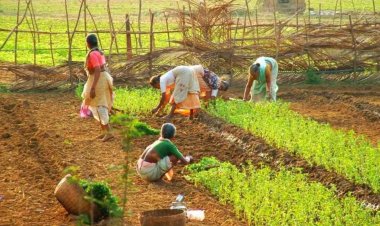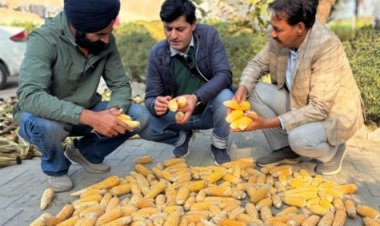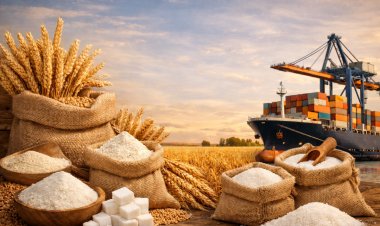In the year 2020, when the government decided to implement three farm laws in the garb of economic reforms for the trade of agricultural products, it probably did not even remotely expect that within three years stringent legal provisions like the Essential Commodities Act (ECA) will have to be invoked to control the trading of agricultural produce. Also, it never earlier thought that despite record production of food grains and sugar, export of agricultural products like wheat, rice and sugar will have to be restricted. But in the year 2023, this became a reality and the reason for this is that inflation has become general.
In order to protect consumer interests, the government has been taking continuous steps since last year so that the prices of food items are controlled, but the present situation does not confirm that the government's steps are very effective. It is not just a matter of inflation of one commodity, now food inflation has become common, that is, it has become generalised.
This situation is a cause of concern for the Government as well as the Reserve Bank of India (RBI). If it is one food product, then the government and the RBI do not have to worry much about it, because it does not affect the common people much. But when there is a boom in the prices of wheat, rice, flour, pulses, tomatoes, sugar, onions and all vegetables and fruits, it is a herculean task to control them very quickly.
The political repercussion of this situation is also huge. Here it is also a difficult task for the government to strike a balance between the consumer and the producer (here the producer means the farmer). However, the producer is also the consumer of many products.
According to government data, a record 112.3 million tonnes of wheat was produced in the country in the last crop season (2022-23). There was also a record production of rice. Despite this, according to government data, the average price of flour has gone up from Rs 30 to Rs 35 a kg in the last one year. The average price of rice increased from Rs 34 a kg to Rs 40 a kg during the same period. The prices of pulses are also increasing continuously. Despite the government having a huge stock of gram, its price has crossed Rs 50 per kg in the last 10 days, becoming costlier by Rs 10. Although it is currently less than the minimum support price (MSP), a rise in it is an indication that it will be more expensive.
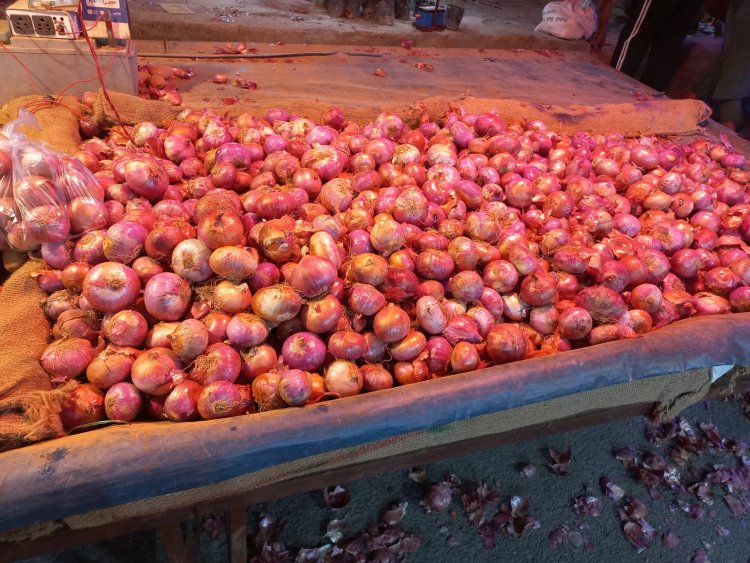
Onion was selling at Rs 13.5 per kg in Lasalgaon mandi in Maharashtra in June, but now it has reached Rs 22 per kg. In Karnataka's Kolar mandi, the price of tomato has definitely come down from Rs 100 a kg to Rs 35 a kg. But the decreasing inflation of tomatoes will be replaced by the inflation of onions. In Delhi and NCR market onion price reached at Rs 40 per kg in retail which was at Rs 25 to Rs 30 per kg last week.
Among spices, cumin has set a record of Rs 60,000 per quintal, while the price of ginger has also crossed Rs 800 per kg. By the way, the price of green chillies has also crossed Rs 200 per kg in the past. That is, along with common food products, the inflation of chili-spices (Mirch-Masala) is also troubling the common man. Yes, in the case of edible oils, record imports and low import duty did provide relief to consumers. But around 65 per cent of the country's edible oil requirement is met through imports and farmers, who are supposed to make country self-reliant on this front, had to sell mustard at a price below the minimum support price (MSP) in this year's rabi marketing season. Under the Price Support Scheme (PSS) in some states mustard was procured from farmers at MSP through NAFED, but farmers did not get the MSP of mustard on a large scale.
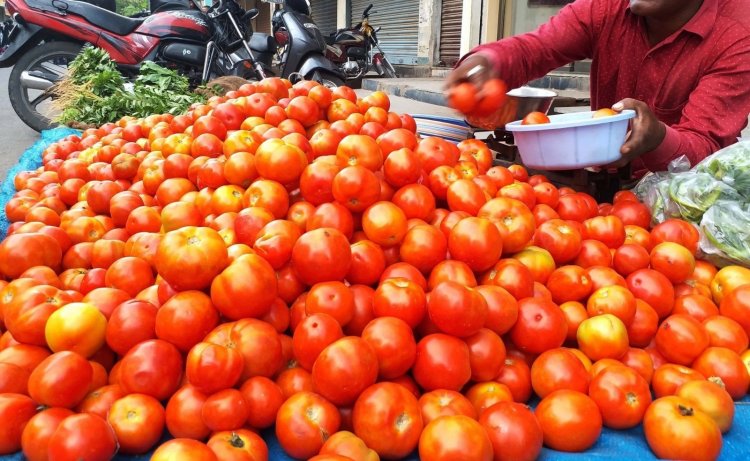
It is not that the government did not work to control food inflation. The export of wheat was banned on May 13, 2022, in the middle of the Rabi marketing season, due to a sharp drop in procurement of wheat in government procurement last year. A few months later, in September 2022, the export of broken rice was banned and 20 percent export duty was imposed on non-basmati rice export. The export of sugar was changed from free export to tax restrictive. After that, as soon as the export quota was completed in April, 2023, the issuance of new quota was banned, that is, exports were banned.
Meanwhile, stock limit was imposed on tur and urad dal. Along with this, the order of giving information about its stock to the government was implemented. Essential Commodities Act was used for this. After that, the stock limit was imposed on wheat in June12,2023 which will continue till March 31, 2024. In July, the export of white rice, a category of rice, was banned.
Despite all these measures, the prices of rice, flour, pulses and sugar are increasing. The increase in milk prices last year is different from this. The prices of vegetables and fruits have created new records. Yes, only potatoes and mangoes have been a relief on the inflation front this year.
Now the issue is that even though the Reserve Bank has kept the policy interest rates stable for the third consecutive time in the monetary policy review released on August 10, 2023, it is also not able to understand this inflation properly. This is the reason that apart from keeping the policy interest rates stable, the Governor of the Reserve Bank also expresses concern over inflation and the Reserve Bank increases its earlier estimates of inflation.
It is not only about the figures, but also about the environment. There was a time during Covid when foodgrains stocks in the central pool were overflowing. Because of which the government gave free food grains to 80 crore people and it worked to bring down inflation. At that time the rich countries of the world were helping their citizens with money, which was a step to increase inflation. But now, we don't have that much stock. The stock of foodgrains in the central pool is at a five-year low. The government is claiming of record wheat and rice production but the market reaction is contrary to the government figures.
It is also a matter of political risk. In its first term, when the Modi government went to the polls in 2019, inflation was at a record low. With assembly elections in four important states due later this year and Lok Sabha elections barely eight months away, the government is struggling to contain food inflation, which is becoming more common than being confined to one or two products.
In such a situation, the political risk has also increased. That's why the Bharatiya Janata Party, which is considered to be a supporter of liberalized market policies, is implementing the policy of market control to control prices. Be it the domestic market or the global market, this control is increasing on both the fronts.
In fact, for a country with a large population like India, there is a limit to liberalizing trade in food products, because there is still a lot of dependence on the monsoon in terms of agricultural production, despite the government's claims, questions are raised about the production figures. Its response comes out in the form of prices in the market.
That's why governments have been taking steps like ban on exports and stock limit and stock declaration through Essential Commodities Act to control prices in domestic market. For example, during the Congress-led UPA government, there was a sudden ban on sugar exports due to lower sugarcane production data from the Ministry of Agriculture, contrary to this production was high, and then due to export ban on sugar there was a sharp fall in sugar prices for about three years. Mills and farmers faced distress due to low sugar prices.
Before that, the NDA government led by Atal Bihari Vajpayee had taken the right to impose stock limit under the Essential Commodities Act under the Center but later due to the increase in inflation during the UPA government, this order was withdrawn and states were allowed to impose stock limits. Though the exercise to liberalize agricultural trade started immediately after independence, but controls had to be implemented within a year. This kind of process continues even in the 76th year of independence.
Now it looks that farm unions protest which forced the government to repeal of three farm laws in November, 2021 actually helped the government to make it possible to use old law to control the food prices.
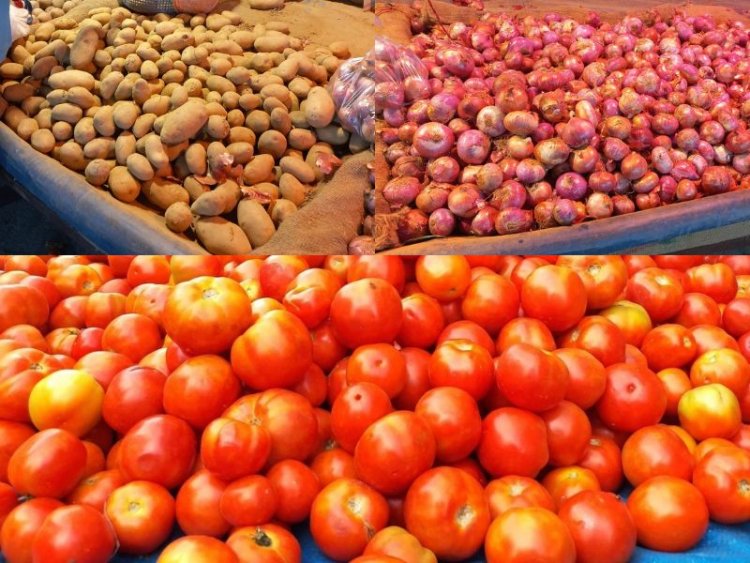
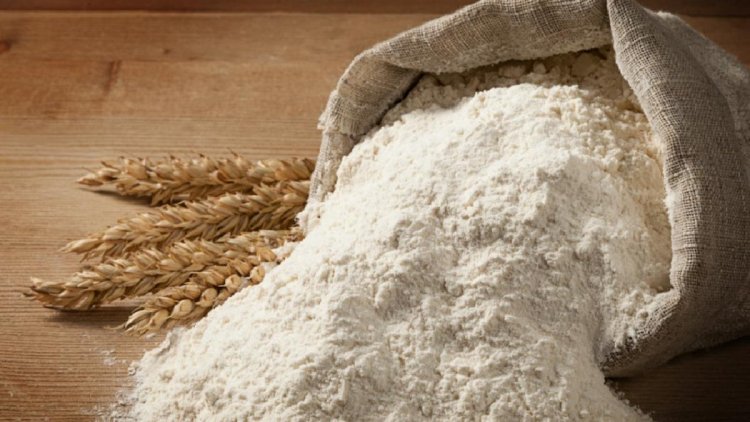


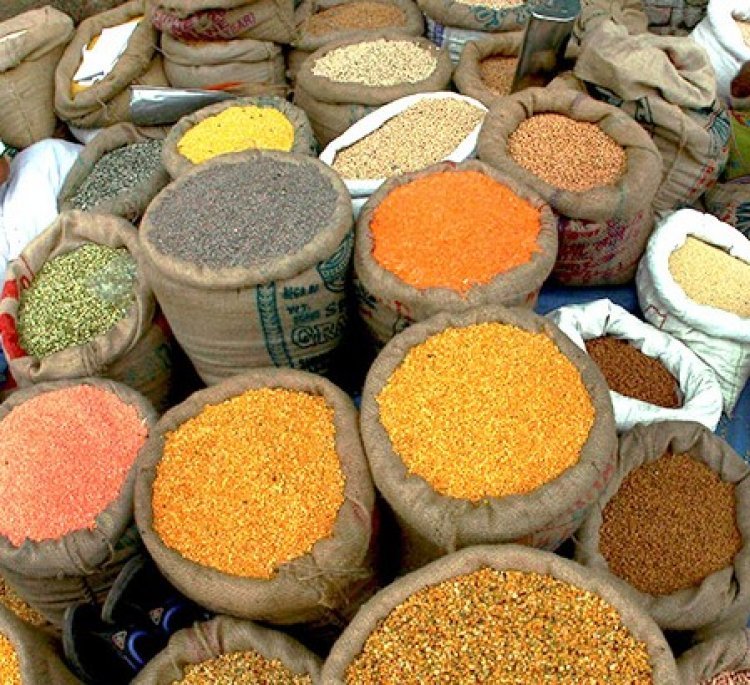
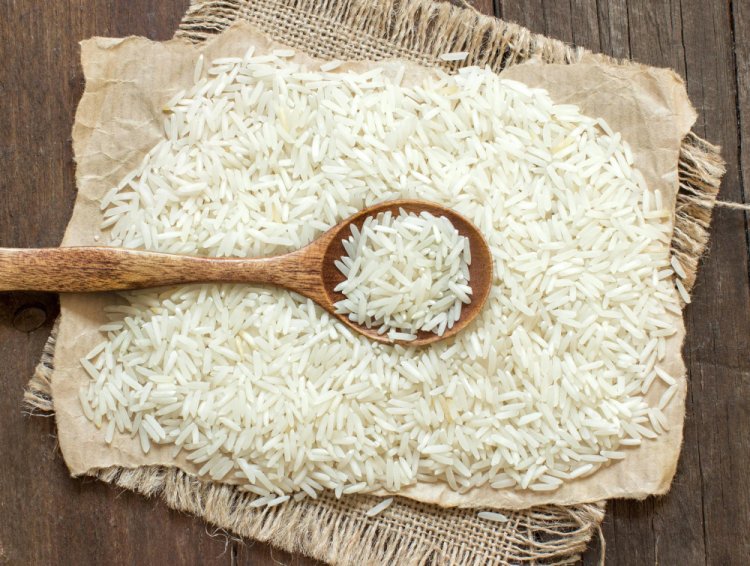



 Join the RuralVoice whatsapp group
Join the RuralVoice whatsapp group

















